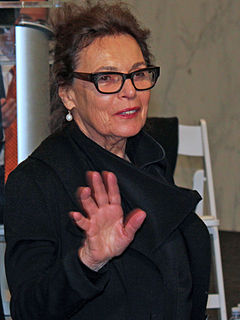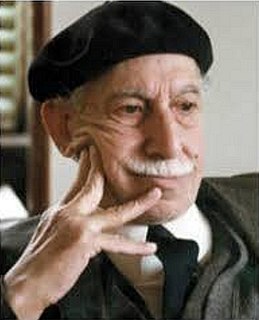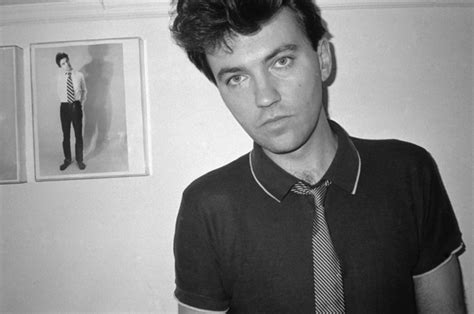A Quote by Pat Steir
Art is a way you discover the past, and so it brings the past into the present and the future. That's why we have anthropologists who dig up the art from the past. You can see the refinement in the society by the art. And people will see our lack of refinement when they dig up our art.
Related Quotes
art is the most general condition of the Past in the present. ... Perhaps no work of art is art. It can only become art, when it is part of the past. In this normative sense, a 'contemporary' work of art would be a contradiction - except so far as we can, in the present, assimilate the present to the past.
Sometimes we forget that if we do not encourage new work now, we will lose all touch with the work of the past we claim to love. If art is not living in a continuous present, it is living in a museum, only those working now can complete the circuit between the past, present and future energies we call art.
Jonathan Meese is not interested in the history of reality. Everything radical and precisely graphic is sustainable. Human ideologies like religions and politics are based on the past and therefore irrelevant to art. Art always transforms radicalism of the past into the future. Art is always the total time machine. Jonathan Meese is interested in the history of the future. Art is never nostalgic.
If being an anti-art artist is difficult, being an anti-art art historian is a hard position indeed. His doctrinal revolutionism brings forth nothing new in art but reenacts upheavals on the symbolic plane of language. It provides the consoling belief that overthrows are occurring as in the past, that barriers to creation are being surmounted, and that art is pursuing a radical purpose, even if it is only the purpose of doing away with itself.
In the past, traditional art was based on making manifest what is enduring in man, like love, jealousy, hatred, envy, and greed... . Today art has to look again at these unchanging qualities, because society is no longer unchanging. It is up to art today to show us what has become of these unchanging qualities in a world which is moving and changing.
Museums have traditionally been places that protect the art object. But in the last 40 years, a new type of museum has emerged - the Kunsthalle or alternative space which only presents temporary, contemporary shows. Yet art is not just about the future - it is about the future and the present, but it also can't forget the past.






































